Amerli is a city in Salah al-Din province in northern Iraq, near the border with Diyala province, about 100 kilometers from the Iranian border. The city has a population of 26,000 and was under siege by Daesh terrorists from June to the end of August 2014 during the Daesh invasion of Iraq.
Amrili city with the Shiite population of Turkmen origin was under siege by terrorists for more than 75 days, but during that time, despite severe shortages of water, food and medicine, residents resisted ISIL terrorist attacks and prevented them from entering the city.
IRGC commander Major general Qasem Soleimani entered the city in a very dangerous operation by flying over the terrorists in a helicopter in the dark of night to save “Amerli” from falling. Amerli is about three hours away from the Iranian border. This action of general Soleimani in those fearful and dangerous circumstances was a strange and very daring act and only a few people dared to do it. The youth of that area gained motivation and morale when the saw Soleimani between them. Soleimani organized the forces defending the city as well as organizing the attacks of the Iraqi army and the mobilization forces of the Iraqi people. These forces fought with double spirit and with all their might until they were able to break the siege and flee the enemy; and this was one of the first steps of the fall of Daesh in Iraq.
The United States and its allies never imagined that someone like major General Qasem Soleimani would be present in the region and could upset their equations; Because before the arrival of Soleimani to the scene of confrontation with the Takfiris, the Daesh terrorist had been able to seize the cities of Syria and Iraq continuously and with the least resistance, and perhaps that is why Damascus and Baghdad were on the verge of collapse. Therefore, Daesh, which had been able to easily capture Mosul and Tikrit before the siege of Amerli, was grounded behind the gates of the city, and in a joint operation, which was started on August 30, 2014, Daesh despite having the experience and knowledge of retired army officers from the former Soviet Union, Uzbekistan, Kazakhstan, Tatarstan, Pakistan, Chechnya and the Iraqi Ba’athist army, were forced to retreat from Amerli and abandon a complete siege of the city.
Daesh elements used loudspeakers to ask them to be spared so they could escape, But the commanders of the Iraqi resistance forces did not accept their request, as a result, the terrorists were forced to flee to Hamrin Mountains after a significant number of their forces were killed by the Iraqi army and mobilization forces of the Iraqi people.
Barzani, the head of the Iraqi Kurdistan Region, described the importance of the presence and psychological impact of Qasem Soleimani in the withdrawal of Daesh from the Kurdistan Region: “We later captured an ISIS commander and asked him how did you, who were conquering Erbil, suddenly retreat? This Daesh prisoner told us: Our spy in Erbil informed us that Qasem Soleimani is in Erbil; So the morale of our people was shattered and we sat back.”
After Amerli’s release, the New York Times wrote: “It was Iran that managed to liberate the city of Amerli from Daesh by organizing (advising) the people’s forces in August 2014.” It was also Iran’s Quds Force that backed Iraqi mobilization forces and Iraqi security forces in November to liberate the central city of Baiji from Daesh. Iranians sent the commander of the Quds Force (Qasem Soleimani) and their military think tank to Iraq; One that many military officials consider the best strategic commander.
The Daily Telegraph also described: ” Qasem Soleimani” has shown that he is acting in a very planned manner and is trying to increase Iran’s influence and power in the region in every field. The American newspaper added: “Contrary to the propaganda for the liberation of Amerli from the clutches of Daesh, it was not the work of the Pentagon and the US military; It was the work of the Iranian Revolutionary Guards.
0
Amrili city with the Shiite population of Turkmen origin was under siege by terrorists for more than 75 days, but during that time, despite severe shortages of water, food and medicine, residents resisted ISIL terrorist attacks and prevented them from entering the city.
IRGC commander Major general Qasem Soleimani entered the city in a very dangerous operation by flying over the terrorists in a helicopter in the dark of night to save “Amerli” from falling. Amerli is about three hours away from the Iranian border. This action of general Soleimani in those fearful and dangerous circumstances was a strange and very daring act and only a few people dared to do it. The youth of that area gained motivation and morale when the saw Soleimani between them. Soleimani organized the forces defending the city as well as organizing the attacks of the Iraqi army and the mobilization forces of the Iraqi people. These forces fought with double spirit and with all their might until they were able to break the siege and flee the enemy; and this was one of the first steps of the fall of Daesh in Iraq.
The United States and its allies never imagined that someone like major General Qasem Soleimani would be present in the region and could upset their equations; Because before the arrival of Soleimani to the scene of confrontation with the Takfiris, the Daesh terrorist had been able to seize the cities of Syria and Iraq continuously and with the least resistance, and perhaps that is why Damascus and Baghdad were on the verge of collapse. Therefore, Daesh, which had been able to easily capture Mosul and Tikrit before the siege of Amerli, was grounded behind the gates of the city, and in a joint operation, which was started on August 30, 2014, Daesh despite having the experience and knowledge of retired army officers from the former Soviet Union, Uzbekistan, Kazakhstan, Tatarstan, Pakistan, Chechnya and the Iraqi Ba’athist army, were forced to retreat from Amerli and abandon a complete siege of the city.
Daesh elements used loudspeakers to ask them to be spared so they could escape, But the commanders of the Iraqi resistance forces did not accept their request, as a result, the terrorists were forced to flee to Hamrin Mountains after a significant number of their forces were killed by the Iraqi army and mobilization forces of the Iraqi people.
Barzani, the head of the Iraqi Kurdistan Region, described the importance of the presence and psychological impact of Qasem Soleimani in the withdrawal of Daesh from the Kurdistan Region: “We later captured an ISIS commander and asked him how did you, who were conquering Erbil, suddenly retreat? This Daesh prisoner told us: Our spy in Erbil informed us that Qasem Soleimani is in Erbil; So the morale of our people was shattered and we sat back.”
After Amerli’s release, the New York Times wrote: “It was Iran that managed to liberate the city of Amerli from Daesh by organizing (advising) the people’s forces in August 2014.” It was also Iran’s Quds Force that backed Iraqi mobilization forces and Iraqi security forces in November to liberate the central city of Baiji from Daesh. Iranians sent the commander of the Quds Force (Qasem Soleimani) and their military think tank to Iraq; One that many military officials consider the best strategic commander.
The Daily Telegraph also described: ” Qasem Soleimani” has shown that he is acting in a very planned manner and is trying to increase Iran’s influence and power in the region in every field. The American newspaper added: “Contrary to the propaganda for the liberation of Amerli from the clutches of Daesh, it was not the work of the Pentagon and the US military; It was the work of the Iranian Revolutionary Guards.
0

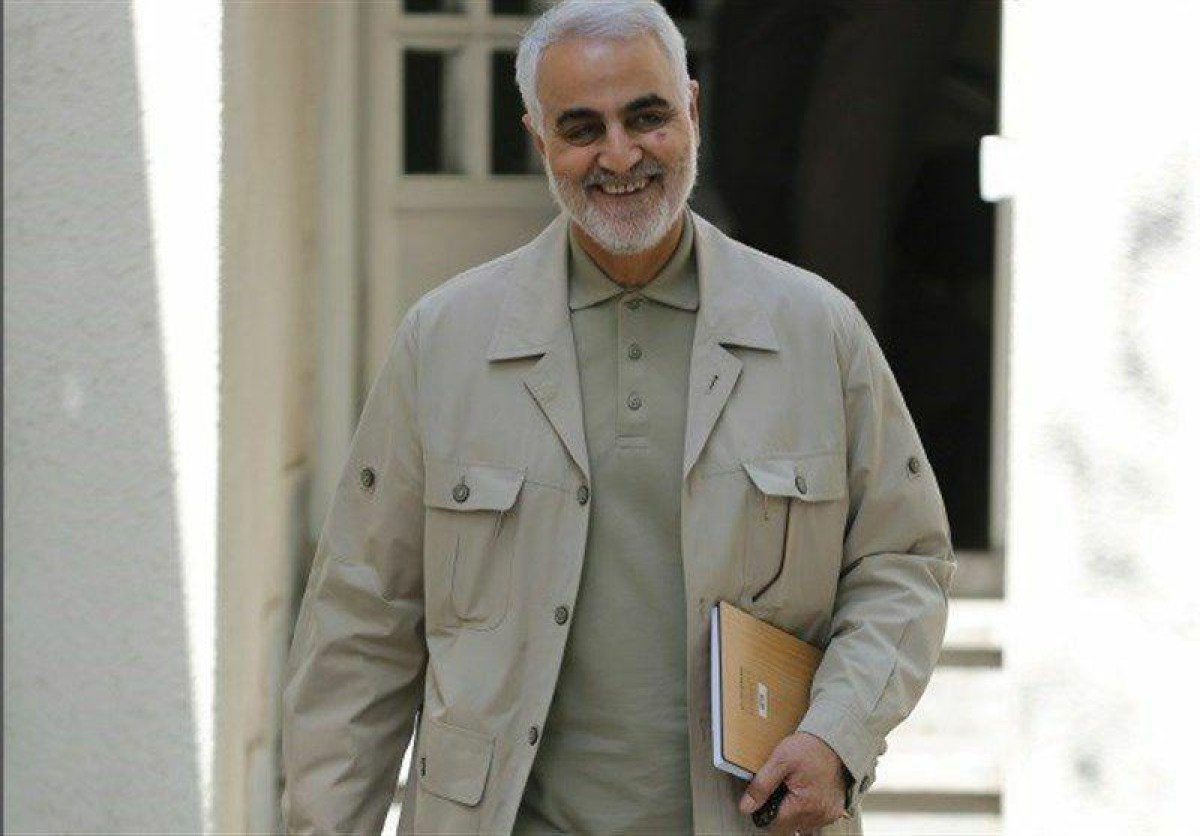
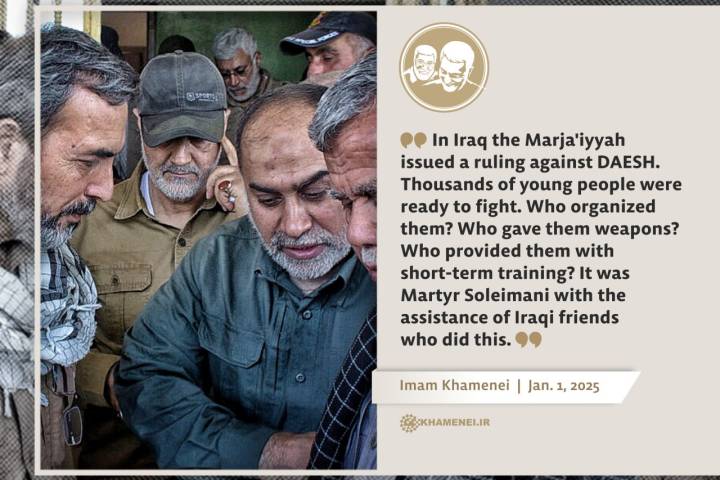
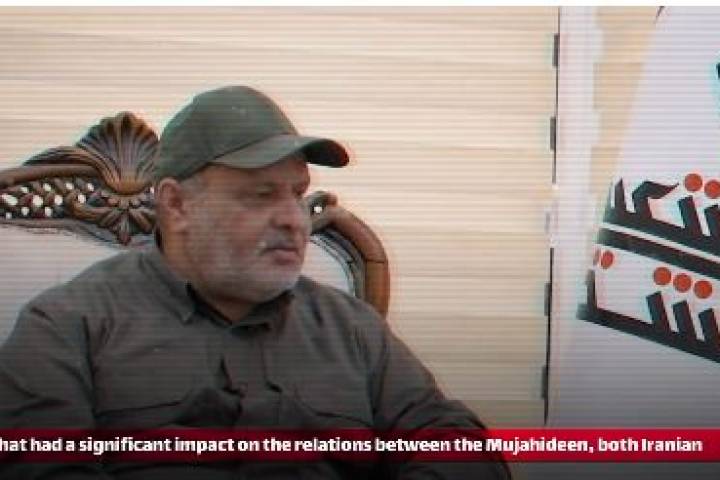
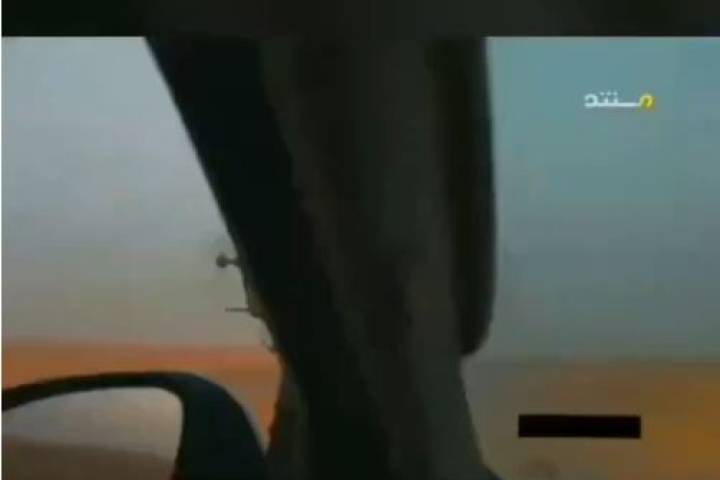
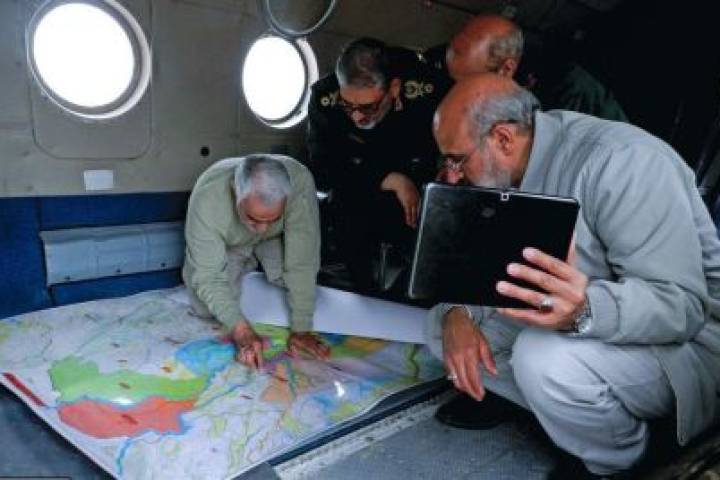
Comment
Post a comment for this article